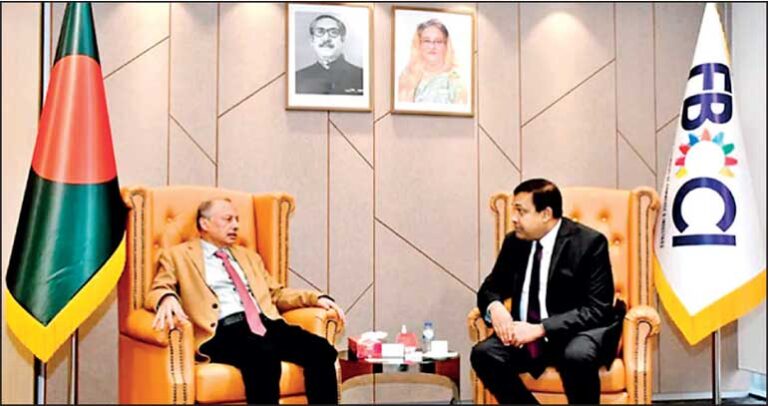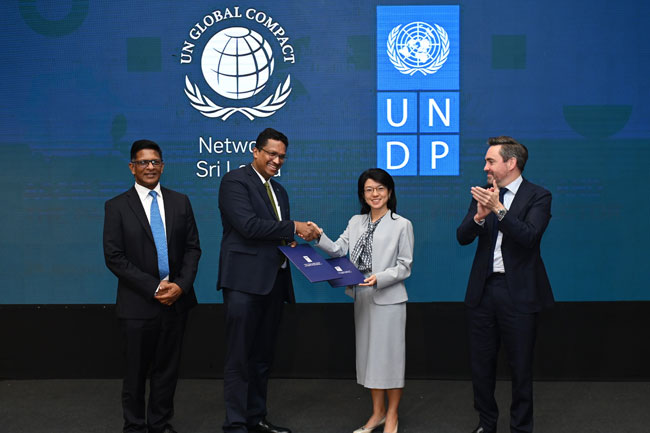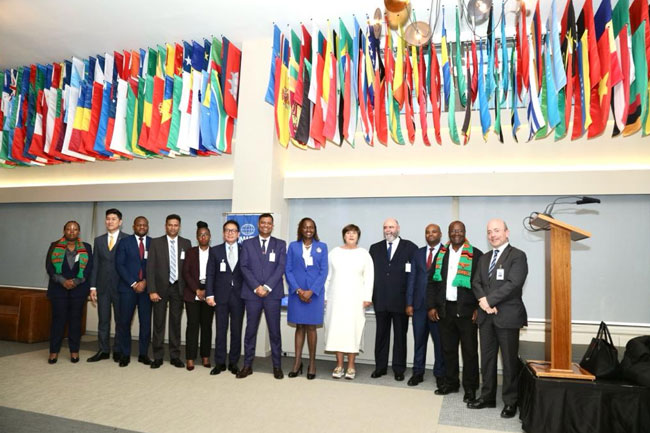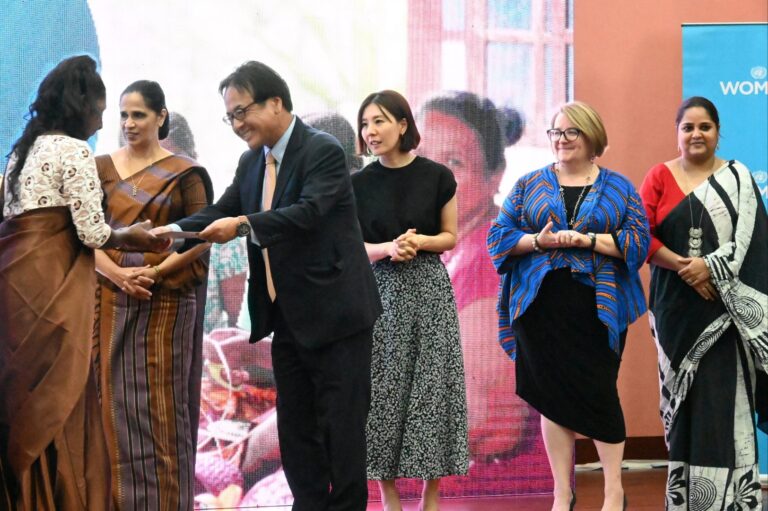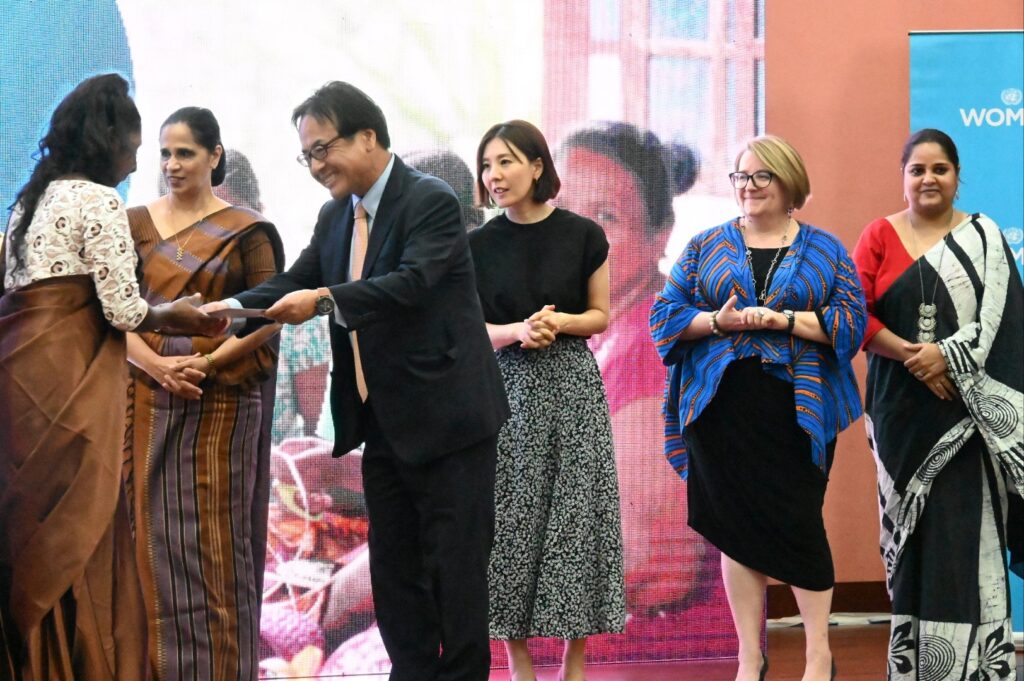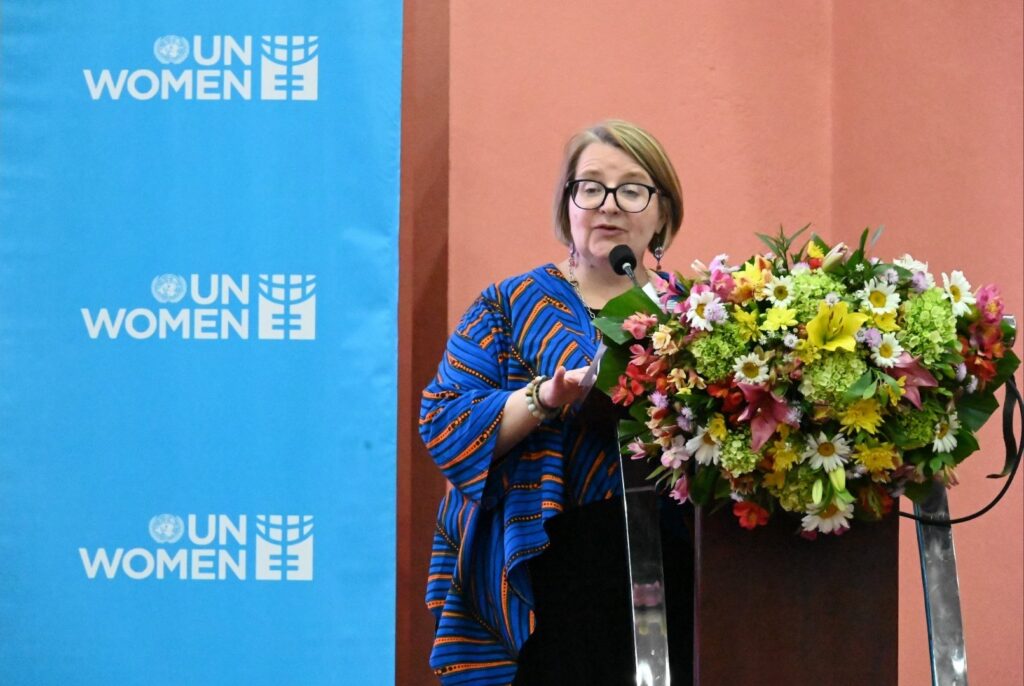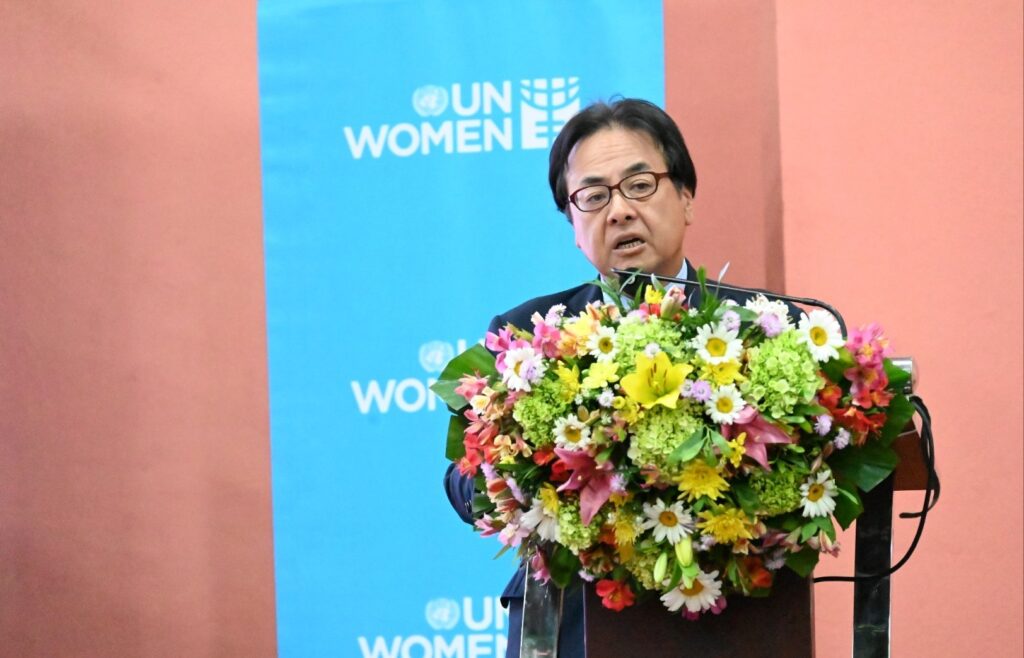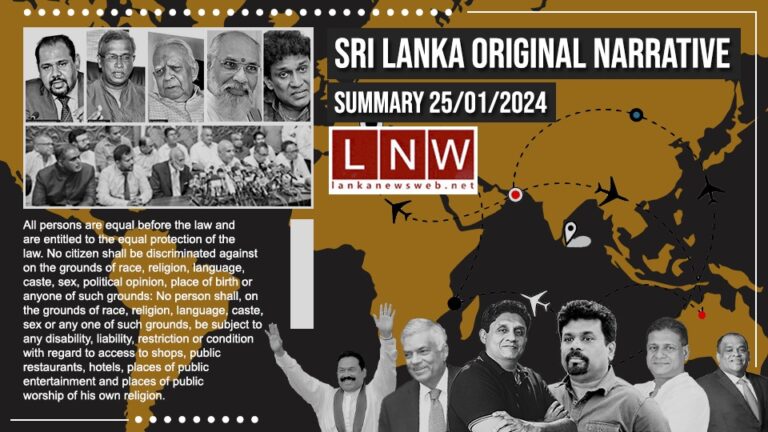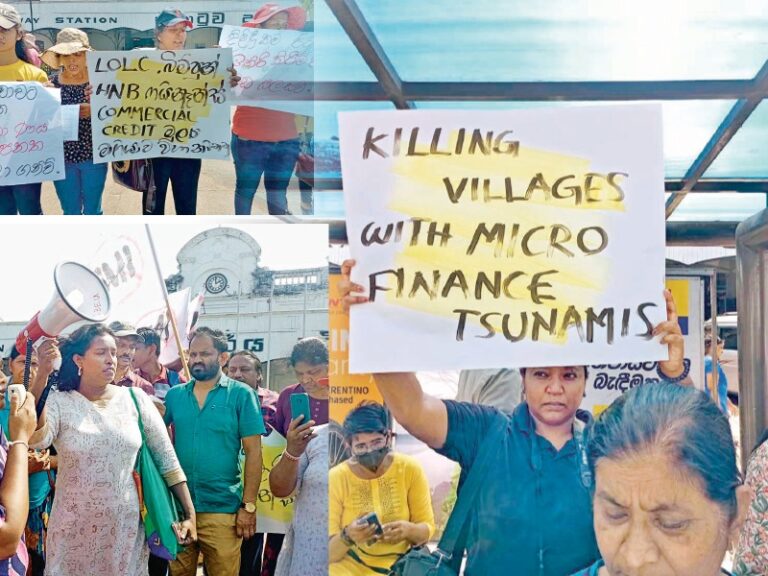By: Staff Writer
January 25, Colombo (LNW): Sri Lanka and Bangladesh are set to expand economic cooperation by leveraging the long-standing and close bilateral partnership between the two countries, Sri Lanka’s High Commissioner in Bangladesh Dharmapala Weerakkody emphasised.
The High Commissioner conveyed this message during a meeting with Federation of Bangladesh Chamber of Commerce and Industry (FBCCI) President Mahbubul Alam in Dhaka on 21 January.
The High Commissioner highlighted that there is considerable potential to export Sri Lankan products, including spices, value-added tea, coconut-based items, healthcare products and construction materials to Bangladeshi markets.
Moreover, he requested the assistance and cooperation from the FBCCI to attract Bangladeshi investors to invest in the promising investment opportunities available for them in Sri Lanka, particularly in the sectors of Information Technology, Pharmaceuticals, Logistics Services in Ports and Shipping and Tourism.
FBCCI President Alam acknowledged the positive contribution made by Sri Lankan investments to the Bangladeshi economy and praised the presence of Sri Lankan professionals in influential positions within the corporate sector of Bangladesh.
He also expressed optimism about more Sri Lankan investors benefiting from the Bangladesh government’s plan to establish 100 special economic zones.
During the meeting, the High Commissioner and the FBCCI President also discussed the importance of exploring new initiatives to enhance cooperation in the field of the Blue Economy through mutually beneficial partnerships.
Both parties affirmed their commitment in fostering stronger economic ties and identifying new avenues for collaboration by enhancing more connectivity and people to people contacts between the two nations.
Sri Lanka’s cabinet of ministers had cleared a proposal to start talks on a preferential trade agreement with Bangladesh as bilateral exchanges with the two nations were at a low level despite being party to a number of regional agreements.
Both countries had agreed to start a free trade accord to strengthen economic relationships.Sri Lanka’s Trade Minister had submitted the proposal to started talks with Bangladesh on a preferential trade agreement with a shortlist of items.
Sri Lanka and Bangladesh were parties to the SAARC Preferential Trading Arrangement (SAPTA), South Asian Free Trade Area (SAFTA).
The two countries were also parties of Global System of Trade Preference (GSTP), Asia – Pacific Trade Agreement (APTA) and Bay of Bengal Initiative for Multi-Sectoral Technical and Economic Cooperation (BIMSTEC). However, trade movements between the two states lie at a minimum level despite the agreements.


